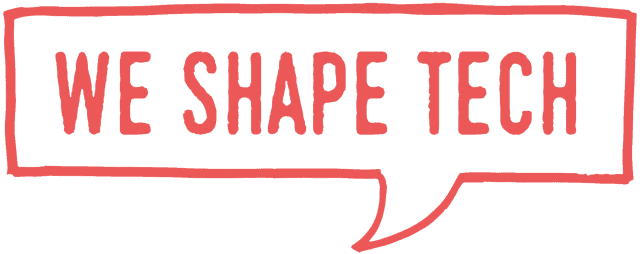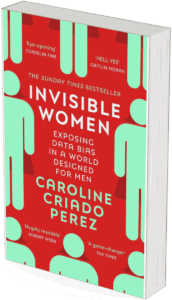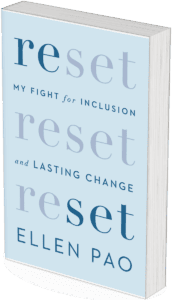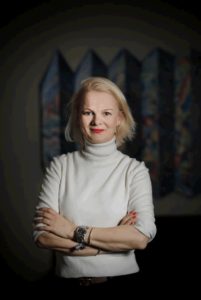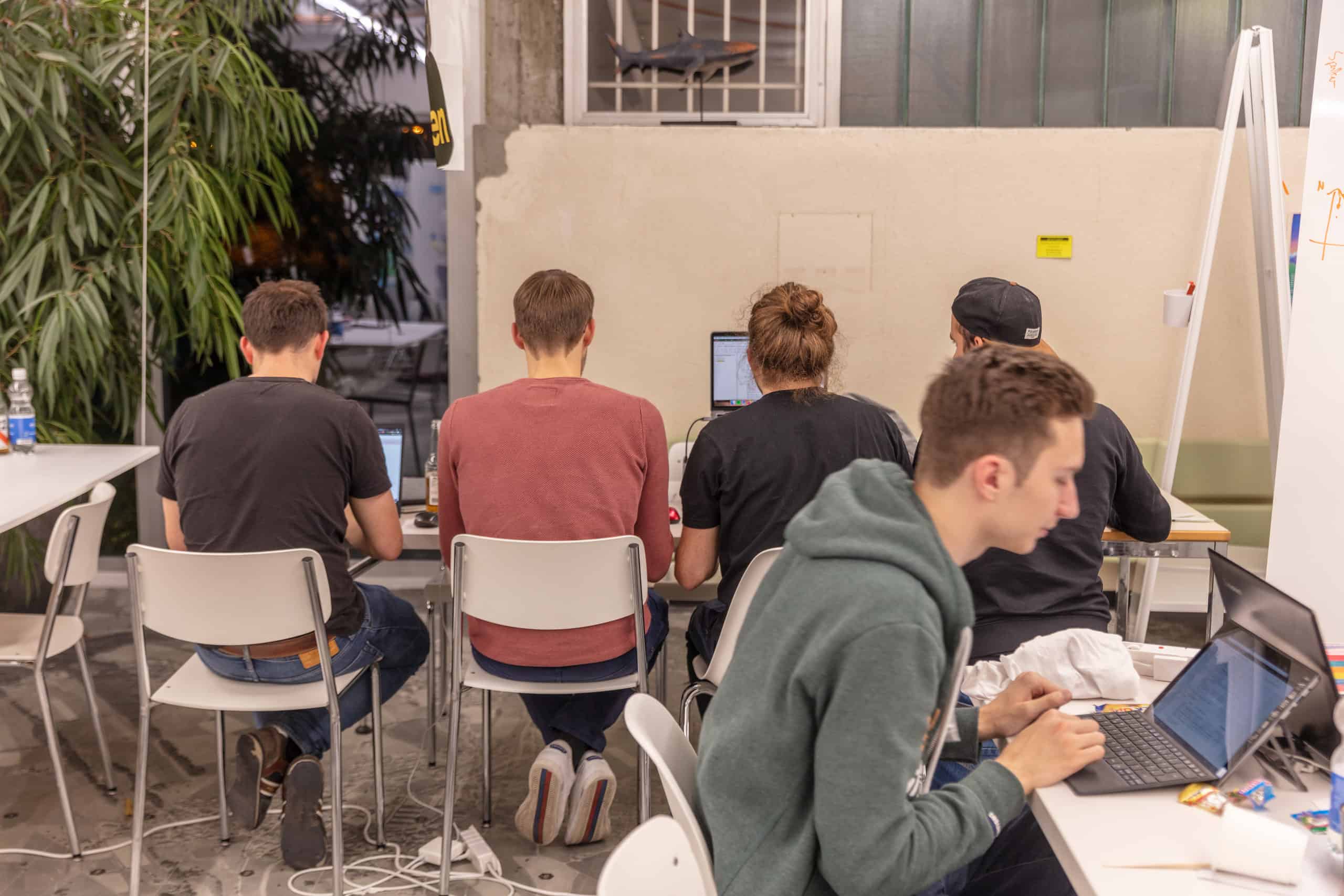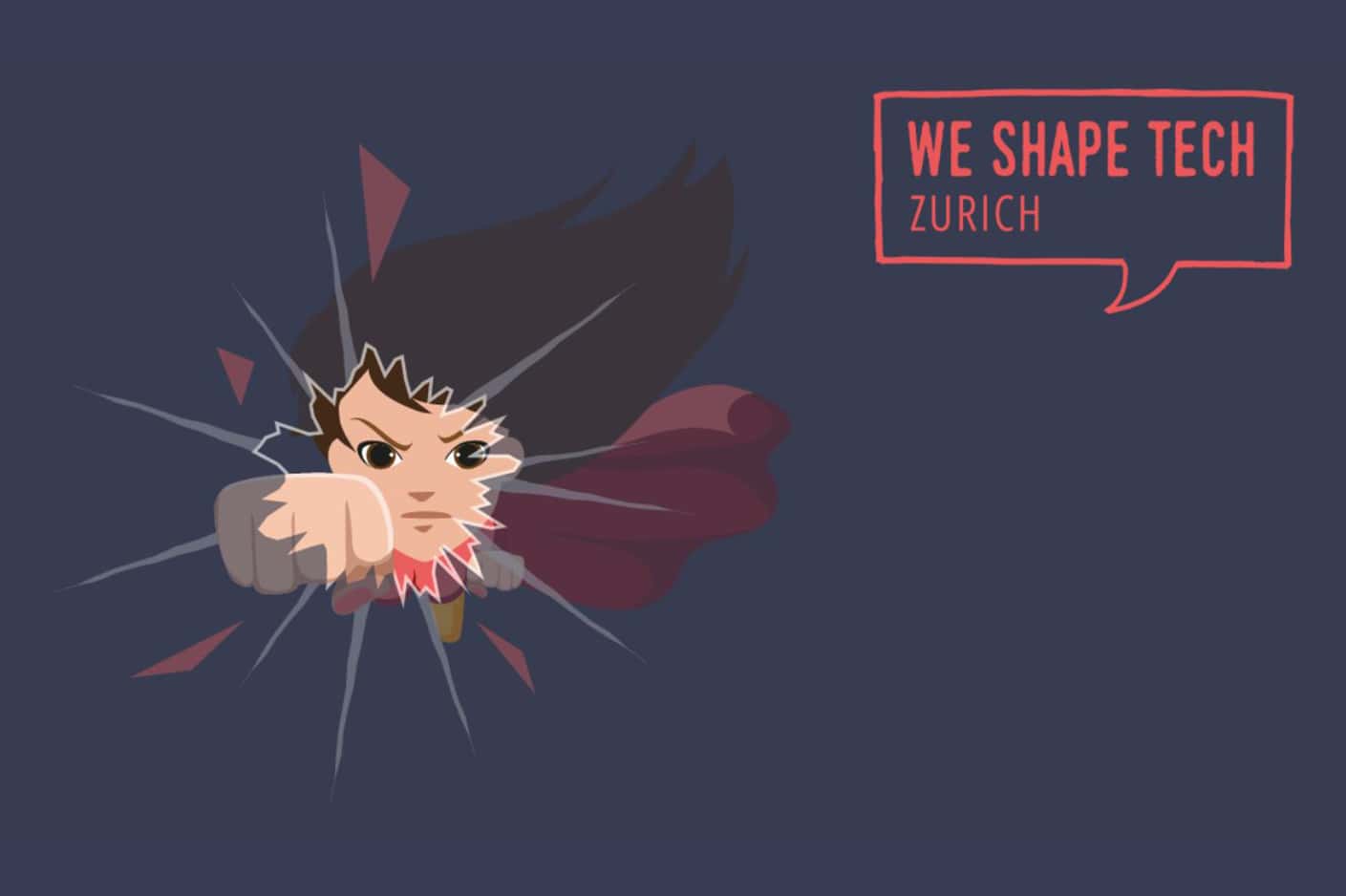Photo by João Nogueira
Every month we ask one individual in our network a few questions about their way into tech, their motivation and their lessons learned.
Let’s start from the beginning. Tell us about where you’re from!
I was born in Canada, grew up in the USA with a Canadian Dad, Dutch Mom, and two younger sisters. I liked gymnastics, playing cello, and springboard diving outside of school, and excelled in hard classes and competing against the boys at school.
Inspired by a cool colleague of my dad who had gone to MIT, I wanted to go there too. After getting in, I fell in love with the place when I discovered they had an amazing ballroom dance team!
I danced ballroom and studied at MIT for over 10 years (BS in Math, MS and PhD in computer science). I left several times for studies abroad (France, UK, China) or summer internships, but kept coming back for more degrees.
I moved to Zurich for a job as a Product Manager at Google, and now am totally loving Switzerland, together with my French husband and twin 5 year olds Chloé and Loïc.
What valuable advice did you get from your parents?
Not advice really… but I picked up some very useful skills from my parents:
My Mom was a very classy dresser, but never read fashion magazines. I learned from this that one can gain a point of view, and confidence in execution through experience and refinement, rather than relying on lots of input from what others have to say.
My dad never told me the answer, just asked me questions in the direction of a solution. While sometimes frustrating (“This homework is due tomorrow! Can’t you just tell me how to do it?” Or “But which university should I go to?”), it set me up for success in figuring stuff out on my own.
I guess the theme here is learning self reliance.
How did you become interested in tech?
As a child, I loved puzzles and problems my dad gave me and my sisters at the dinner table. “Why are potholes round?” “How long does it take for water to rise to the edge of a boat?”
In high school, I liked math class best – it was the class I had to actually think in, and the class with my closest friends, making it an ideal combination of learning and fun.
At university, I studied math because it had the best teachers, and was a major with enough flexibility to allow studying abroad, (which I got to do at Cambridge University!).
In graduate school, I found a way to bring math and art together by doing a PhD in computer graphics. I loved that computer science could be used to make pictures, 3D models, animations, videos.
At Google, I now get to work with smart people innovating on tech problems!
What aspects of your work are you proudest of?
I am most proud of helping build the Google Assistant all the way from the beginning in 2016. It has been amazing to see how all the complex parts of technology can come together with the goal of helping people get things done. We are still in the super early days of this work (even 5 years later) but I’ve been able to construct some of the building blocks and can see how it’ll continue to grow.
I also love that my kids use the tool I’ve been working to create, even if it is to say to our Google Home: “Ok Google, play ‘Let It Go’ on Spotify” or “Ok Google, add 10 packages of cookies to the shopping list”.
What drives you at work?
Inventing the future. I love working on problems that don’t yet have solutions and setting precedents on how to do it.
I also love brainstorming and whiteboarding with smart colleagues. These sessions have been some of the most creative moments of my work life from which key ideas emerged and crystalized into concepts that have evolved and grown over time.
What was your biggest disappointment (challenge) in your career and how did you overcome it?
Being rejected by Google!
I originally applied to be a postdoc at Google, and though I got very far along the application process, I was ultimately rejected. This of course made me very disappointed, but also more determined. Six months later (after much more thought and preparation) I reapplied and got accepted as a Product Manager, which I think is ultimately a better match for my strengths and interests.
How does digitization impact your and other women’s career opportunities?
Interestingly, COVID Work-From-Home era has created so many changes in how we work remotely, forcing companies to experiment (and succeed?) with online work in ways they didn’t consider before. I’m hoping this ultimately leads to more flexibility in how work gets done, and balanced with the work we all do at home.
What advice would you give other women in tech?

That, and make sure to get enough sleep. Not convinced yet? Read “Why We Sleep” by Matthew Walker. Consider sleep your superpower to build resilience and welcome the day ahead with gusto!
